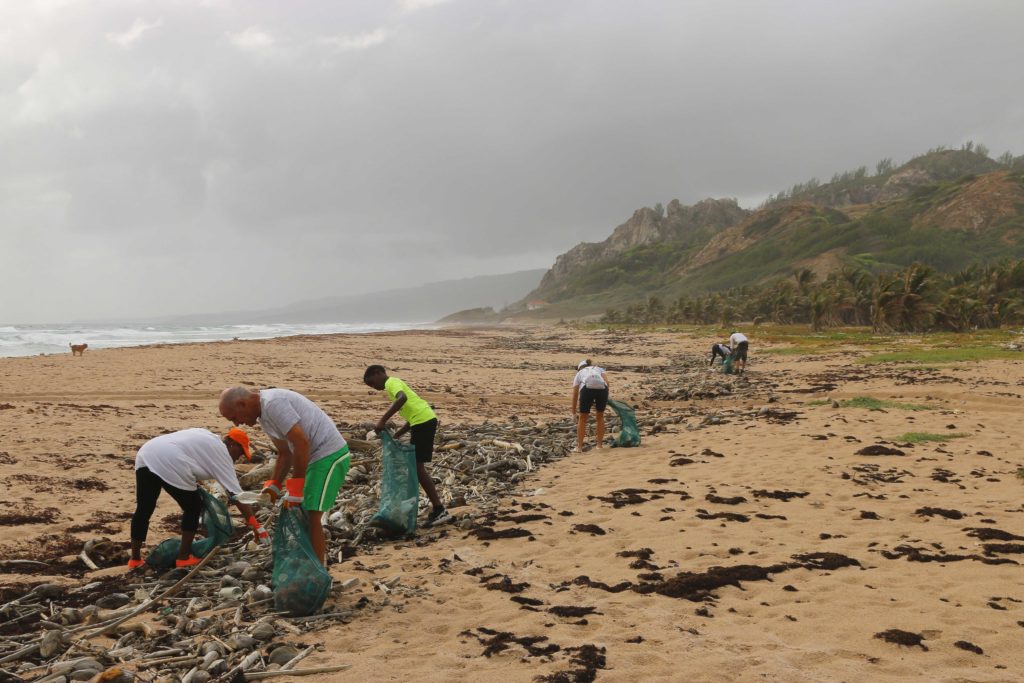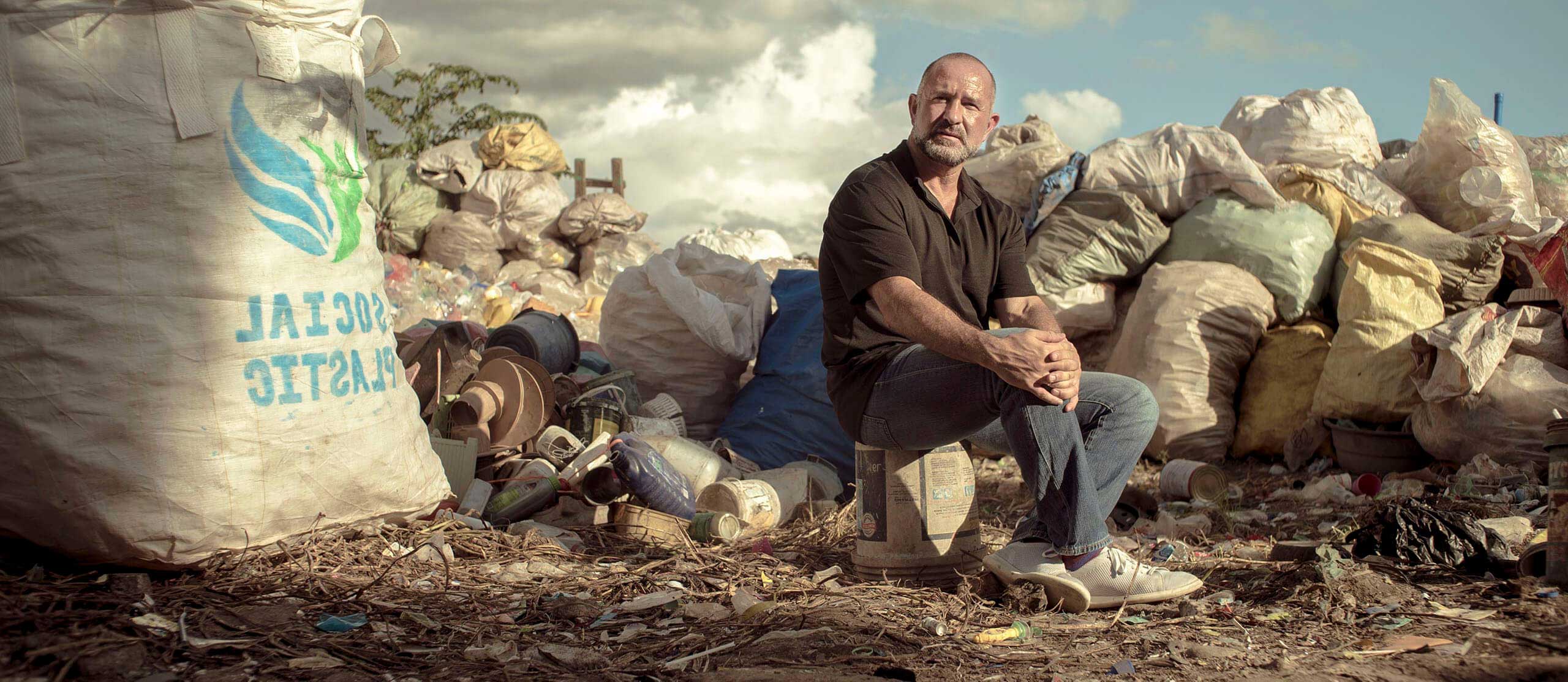Plastic bank: the returnable vacuum that values waste and people
“We got it all wrong. All of us. The last thing we should be doing is clean up the ocean.”
David Katz, 2017
As soon as we hear of returnable vacuum, we immediately think about Germany. There, for more than 15 years, the returnable vacuum has been used for recycling waste. Supermarkets put at the disposal of clients some machines in which the consumer can insert, for example, plastic or glass bottles and receive in exchange a shopping voucher or the corresponding amount in money. This system is calledpfand, literally “deposit”, and it is an initiative aimed at encouraging citizens to recycle not only their own bottles, but also those found lying around, abandoned in the streets.
Plastic Bank
Moving overseas, we can find a similar experience in Canada, which, as well as limiting plastic pollution in the oceans, also combines the added value of tackling high levels of poverty in developing countries. So, in order to build recycling ecosystems in underdeveloped communities, in 2013 was born Plastic Bank, a for-profit social enterprise founded by David Katz and Shaun Frankon in Vancouver.
The basic assumption of Plastic Bank’s two founders is that waste and poverty are problems that often coexist. Indeed, it is estimated that 80% of plastic waste and therefore also of ocean pollution is caused by the poorest countries, considering that every year, 8 million tons of plastic waste end up in the oceans.

David and Shaun have been able to face this problem by founding a chain of stores in countries such as Indonesia and Brazil, where everything can be purchased using plastic as currency.
The key message they want to convey is that plastic should not be denounced, it is not just waste.
In fact, through plastic, people can buy real goods and services that are essential for living: fuel for cooking, school fees, health insurance. All of this in countries such as Haiti, Brazil, Egypt, and the Philippines. Countries where open-air dumps are widespread, and the amount of plastic is consequently very high. In such poor countries recycling is a minor problem, but at the same time, there are huge amounts of waste, compared to the rest of the world. In this case, the solution is sought and found in the problem itself: this is how waste is transformed into a valuable bargaining chip.

Mode of Operation
The plastic collected is brought to Plastic Bank centers, weighed, converted into money, and transferred to people’s online account. The exchange rate is $0.40/kg of plastic recovered and delivered to these collection centers. In fact, is estimated a potential market of four trillion dollars. Such wealth let us realize how valuable plastic is. Indeed, by weight, it is worth more than steel,” says David Katz.
The function of the online account is both to reassure against possible theft, and to give self-esteem and dignity to the person who owns it – often, in fact, it happens to be the first account owned.
Why Plastic Bank
In order to guarantee an efficient and reliable service, there is a banking application, realized with IBM, which exploits blockchain technology, thanks to which it is possible to keep track of what is collected and also to provide a digital wallet. Here earnings can be kept and managed as a real banking application, providing data visualization in real time and allowing traceability and transparency. The app also adds rewards, incentives, group prizes, user rankings, managing to bring play and informality into the formal recycling industry.
Where collected plastic ends up
The collected plastic is regenerated and becomes Social Plastic. In this truly virtuous process, all plastic waste is sorted, shredded, and packaged to be sold to major brands that are committed to using this “social plastic” in their products as part of a closed-loop supply chain. Among these partners are Marks & Spencer, Henkel, Shell, and SC Johnson.
Social Plastic is therefore a plastic that has transferred its value into the hands of those who collected it, helping to reduce poverty while preventing ocean pollution.
“We were able to close the loop in a circular economy. Now we can use recycling to support and, at the same time, create recyclers.”
David Katz, 2017
Achievements and future horizons
In early April of this year, Plastic Bank has managed to prevent 1 billion plastic bottles – the equivalent of more than 20 million kg of plastic waste – from ending up in the oceans. Since 2013 – its inception year – it has reached 558 collection centers, managing to recover and recycle, just in 2020, more than 17 million kg of plastic.
The project is not limited to the Philippines and Brazil but plans to expand to Mexico, South Africa, and Indonesia, starting with Bali. By 2022, the goal is to develop to Vietnam and Thailand. The ultimate goal is to make everyone part of the solution to the plastic pollution problem by researching and finding that the solution is in the problem itself.
“It’s not just plastic. It’s not recycled plastic.
It’s sympathetic plastic, a material that gains value through the lives of the people who deal with it, rich or poor.”
David Katz, 2017
